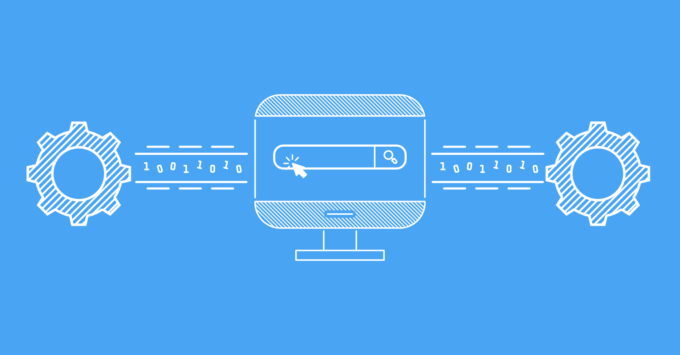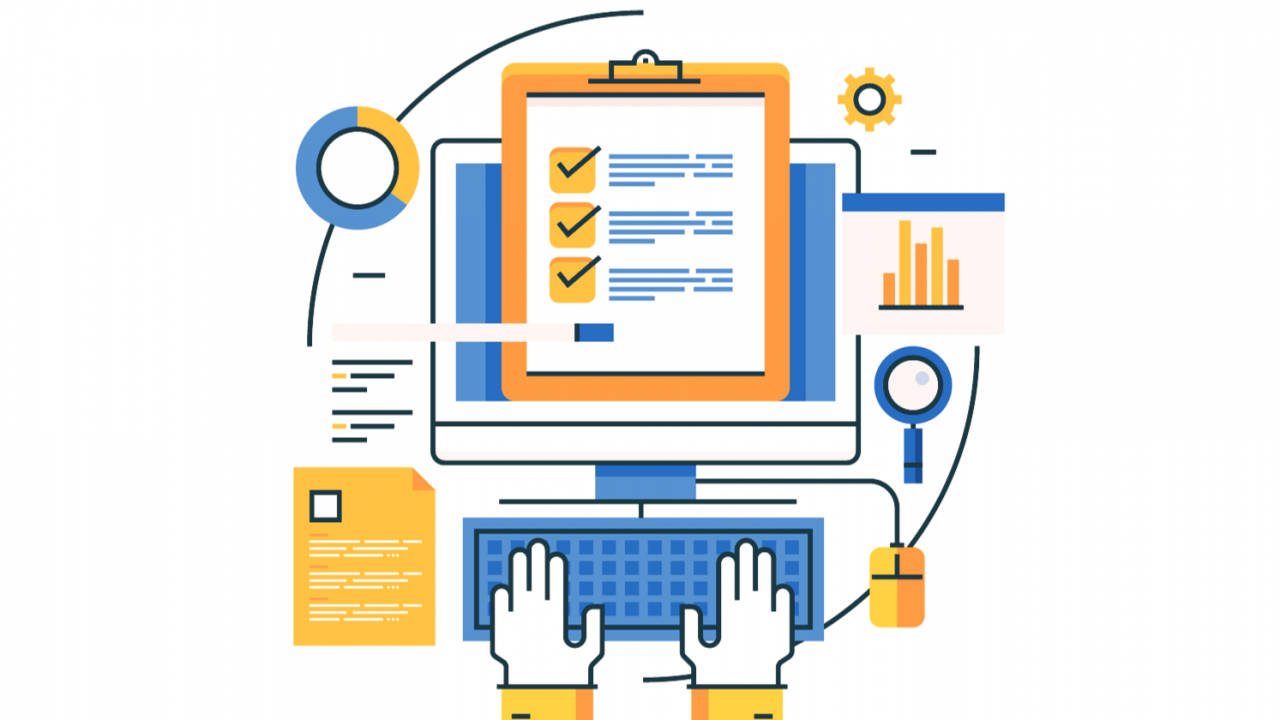The internet has given consumers a lot of power; they can immediately search for your product on Google to check out reviews that will make or break their purchasing decision. Instead of getting in touch with sales representatives, consumers now require social proof before they buy goods or servers. Therefore, it has become essential for businesses to conduct market research and attract their consumers.
The simplest way to conduct market research without breaking the bank is with SERP API, you can read more here. Targeting Google is no small feat; whoever takes the challenge knows that a custom scraper won’t be enough. Therefore, you need a specialized web scraper to harvest data from Google using search engine proxies to run concurrent sessions and scale web scraping for market research.
What Is Market Research?
Market research is an effective way to learn about your market and how potential users perceive your brand. Substantial market research can improve your connection with your customers and show them how you differ from your competitors. Some businesses fail to understand the importance of market research and its role in developing, manufacturing, and marketing their products.
Extensive market research can also help businesses anticipate the future needs of their customers and make the necessary adjustments to their products to meet them. Here are some data metrics a specialized web scraper can collect during market research:
- Price Analysis
- Trends identification
- Market analysis reports
- Marketing Plan
- Location analysis
- Competitor analysis
- Target market analysis
- Domestic/international competitor identification
Types of Market Research

Market research can be qualitative or quantitative, depending on your industry. Qualitative research includes public opinion and how the market reacts to your products.
However, quantitative research focuses on data derived from public records. You can opt for two main types of market research to collect credible data related to your products, which are:
Primary Research
Primary research focuses on obtaining first-hand information regarding your market and customers. It helps in market segmentation and establishes buyer personas. Primary research is further divided into two broad categories:
1. Exploratory Primary Research
If your market research is less concerned with measuring customer trends and potential problems that your team can tackle, it falls under exploratory primary research. You can consider it as the first step before your research turns specific.
2. Specific Primary Research
Businesses perform specific primary market research to address previously identified issues or necessary opportunities. During the research, the business uses a particular segment of its audience to find answers to a potential problem.
Secondary Research

Through secondary research, businesses can see how they perform using consumer data and public reports like market statistics, industry content, and sales data. Therefore, secondary research is perfect for analyzing your competitors and their strategies, which is divided into three broad categories:
1. Public Sources
You can consider public sources the most accessible layer that allows you to conduct secondary market research. Government regulatory agencies back up these sources and are often free to use.
2. Commercial Sources
Private agencies like Pew, Gartner, or Forrester compile market reports that contain industry insights. Since these reports are portable and easily distributable, they are expensive to download.
3. Internal Sources
Businesses can use their own historical data like average sales, customer retention rates, or customer feedback to determine their performance. You can evaluate key success indicators through your internal reports and work on improving them.
How Can You Automate Your Market Research?
Businesses can unlock numerous opportunities by obtaining large amounts of data that can allow them to make timely strategic decisions. Manually visiting websites and collecting data is a tedious job that requires effort. The most effective method to obtain structured data is through web scraping, but you need a specialized search engine scraper that can let you use Google as your data source.
What Does a Search Engine Scraper Do?

A search engine scraper automates the process of collecting public data, URLs, or descriptions from search engines like Google and Bing. Before running the search engine scraper, you need to identify and understand which information sources will be most beneficial for your research. You can extract search results for your desired query and store them as structured data.
Data Sources that You Can Use to Scrape Data from Search Engines
Businesses commonly use Search Engine Results Pages to gather public data for analyzing how they can rank higher on Google and attract organic traffic. However, you can make an additional business model of collecting search results and providing your insights to help other businesses improve their search rankings.
Here are some of the most reliable data sources you can use to build your database:
1. Search engine results
Scraping relevant keywords to their market or competitors is the most basic data a business can extract from search engines. After familiarizing yourself with the best practices to rank on SERPs, you can make better-informed decisions even if you want to try out something your competitors had missed. You can also change your entire content and SEO strategy by identifying the search terms that are more relevant to your market and boosting your organic traffic.
2. SEO practices

A search engine scraper also helps collect SEO-related data from SERPs, which are full of public information like meta titles, descriptions, Google snippets, etc. Therefore, you use SERP scraping APIs to analyze metadata and extract useful information that will act as guidelines for your team, allowing them to create high-ranking articles enriched with various keywords.
3. Digital advertisements
Advertisers that run digital ads can also benefit from scraping search results by identifying the location and type of ads their competitors are targeting. However, this does not allow them to copy ads, but they can use this opportunity to monitor the market and follow the trends to create an effective advertising strategy.
4. Images
Some businesses also use SERP scraping APIs to extract publicly available images from search engines to protect their brand and improve their SEO strategies. Businesses constantly monitor the web and search for counterfeit products to take them down. Some businesses scrape images to use their ALT Texts to optimize the images on their website.
5. Shopping Results
Popular search engines like Google use their own shopping platform to attract businesses to promote their brand. You can scrape shopping results and obtain data like prices, reviews, titles, and descriptions to monitor and learn about your competitors.
Keywords are also crucial in shopping platforms, and businesses always look for high-ranking keywords. Enriching their product title and description with the right keywords can increase their ranking on Google shopping results.
How Can You Scrape Search Results on Google?

The Google search engine has sophisticated algorithms that detect and block web scrapers. Therefore, you need to outsmart Google using a specialized proxy that masks your IP address and divides your traffic over a pool of proxy IPs to hide your web scraper. One of the biggest benefits of proxies is the ability to access geo-restricted data.
A proxy acts as an intermediary server between you and Google, making it harder for the algorithms to pinpoint your IP address. You can also turn on IP rotation, which changes your IP address at a pre-defined frequency. The algorithm detects and blocks if you keep scraping with a static proxy IP. Therefore, you must enable IP rotation to avoid getting blocked during web scraping.
SERP Scraper API is a robust tool that can help you extract large amounts of data from Google by running concurrent sessions to scale your web scraping capability. Therefore, you can consider Google Scraper API as your valuable assistance in collecting keywords, tracking ad data, and protecting your brand.
You can also use the API for:
Collecting data points from leading SERPs
You can easily collect valuable information like news, keywords, ads, images, and featured snippets that can enhance your SEO rankings.
Targeting Any Country
SERP scraper API contains a robust proxy network that’s globally accessible, allowing you to scrape SERP data with precision.
Analyzing Data

The scraper API collects search engine results, shopping results, or meta and stores them in an easy-to-read structured database.
Sneaking Past IP Bans
With IP rotation, you can scrape SERP data with resilience. The pool of proxy IP addresses allows the scraper to divide the traffic over numerous IPs to hide from web admins.
A SERP scraper API is the perfect tool for overcoming search engine scraping problems and creating a structured database for businesses to develop optimized SEO content that attracts organic traffic.
Conclusion
Market research is integral for attaining a competitive edge in today’s most paced markets. Instead of manually collecting data from websites, businesses can use a SERP API to automate their market research through web scraping.
Search engine proxies allow businesses to access geo-restricted data and extract them directly from Google search results. You can use this collected data to build an exceptional SEO strategy that can improve your ranking on Google.









